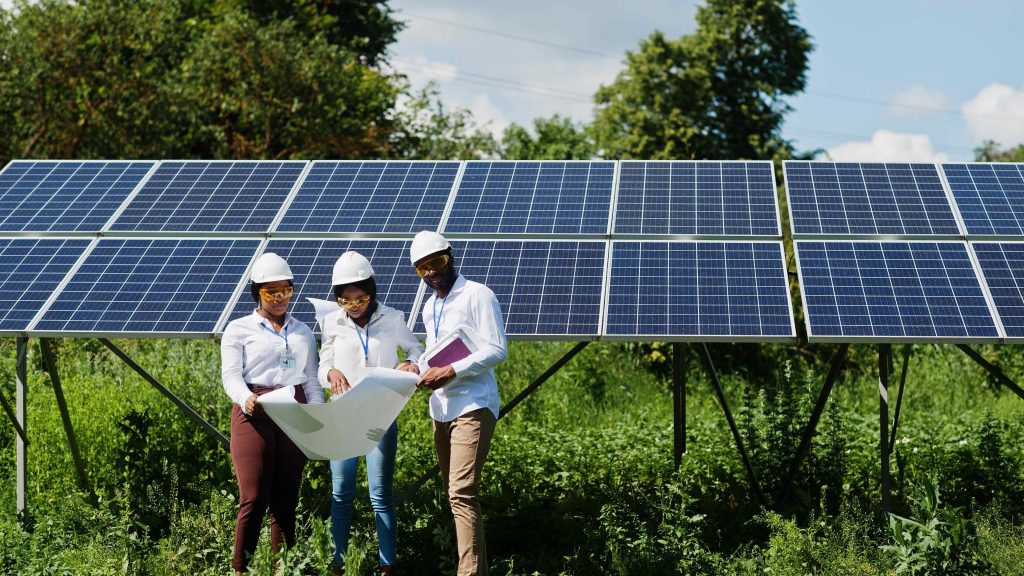LG’s 100-Inch QNED evo AI TV Redefines Big-Screen Viewing in South Africa In a bold leap forward for home entertainment, LG Electronics South Africa…
Shell Foundation’s EEGF receives $13M injection to accelerate access to clean energy in Sub-Saharan Africa

Energy Entrepreneurs Growth Fund (EEGF) — founded in 2019 by the Shell Foundation and co-funded with UK aid from the UK government and FMO, the Dutch Entrepreneurial Development Bank — has received a US$13 million injection from FinDev Canada.
The EEGF offers catalytic financing and technical assistance to early and growth-stage companies that increase access to clean, safe, dependable, and affordable energy for off-grid households and businesses in Sub-Saharan Africa.
“A just and inclusive energy transition, one that alleviates energy poverty and mitigates climate change, requires understanding the financing needs of entrepreneurs who we are depending on to deliver the world’s energy access goals,” says Gareth Zahir-Bill, Shell Foundation Operations Director. “FinDev Canada’s investment into the fund will help it expand its provision of flexible financing solutions for entrepreneurs, accelerating access to clean and reliable energy for millions of lives in Africa.”
Lack of access to energy in developing countries disproportionately affects women, particularly those with low incomes, as they manage households or small businesses
This is the first transaction that FinDev Canada makes under the recently launched 2X Canada: Inclusive Economic Recovery, a facility implemented by FinDev Canada and funded by Global Affairs Canada. At least half of the energy companies to benefit from EEGF financing will meet the 2X Challenge criteria. Through its investments, the Fund will address the particular energy needs of African women consumers and women business owners. The Fund also commits to promoting inclusive practices within its portfolio companies, thus contributing to a positive impact on women’s economic empowerment in the region.
The lack of access to energy is a critical barrier to development. Currently, approximately 600 million people in Sub-Saharan Africa lack access to electricity, which corresponds to three-quarters of the global population without access to energy. Despite progress made over the last decades in reducing the number of people without access to electricity, the COVID-19 pandemic has reversed the trend, pushing many countries away from the goal of achieving universal access by 2030.
“The pandemic has slowed down electrification in Africa, which was already behind before the health crisis, said Paulo Martelli, Vice President and Chief Investment Officer of FinDev Canada. By increasing EEGF’s capacity to invest in this sector, FinDev Canada and its 2X Canada facility support energy companies committed to expanding access to clean and reliable energy for African households and businesses, leading to inclusive and sustainable growth and the improvement of millions of lives.”
EEGF recently completed three investments in innovative access to energy enterprises:
- Baobab+ Côte d’Ivoire, which supports underserved households and microentrepreneurs in gaining energy autonomy and digital access in Sub-Saharan Africa,
- Yellow, a leading Solar Home Systems pay-as-you-go (PAYGo) company serving off-grid households and microentrepreneurs in Malawi and Uganda,
- Redavia, which provides solar units to commercial and industrial businesses in Eastern and West Africa, so they can in turn contribute to local economic development while reducing greenhouse gas emissions.
Read more: Renewable energy start-up SOLA gets on the grid early
Featured image: AS Photo Project| Adobe Stock

